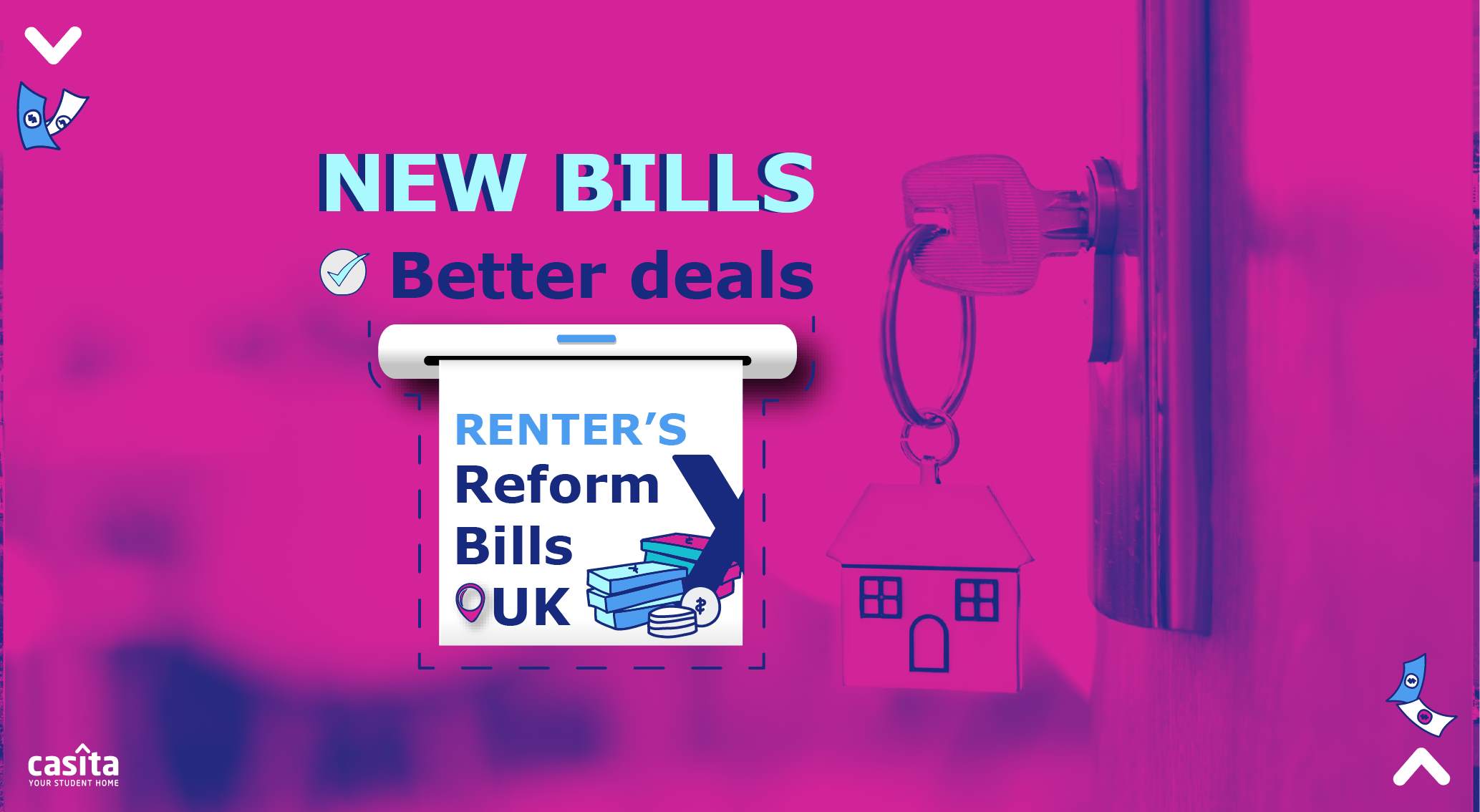Renter’s Reform Bill Drafted in the UK
By Samir Badawy
|
22 May, 2023
Share

Updated at:
Published at:
By Samir Badawy
Renter’s Reform Bill Drafted in the UK
By Samir Badawy
|
22 May, 2023
Share

On the 17th of May, a new bill (the Renters Reform Bill UK) was introduced to parliament, which is set to revolutionise the UK housing market and add more protection to UK tenants. According to the UK government, this new bill will provide better deals for renters while abolishing “no-fault” evictions.
The UK housing market is an essential part of the UK economy, especially the private housing market. The private housing market adds diversity to housing options in the UK and can be used by students if no PBSAs are available. Despite PBSAs being the best fit for students, private options also add to the diversity of housing options and fill the PBSA shortage for students.
The number of private housing options saw a boom between 2004 and 2016 and stabilised afterwards. The tenants dealing with private landlords were previously threatened by Section 21’s “no-fault evictions.” No-fault evictions meant that landlords once evicted tenants for no reason. As a result, many have had their education or employment affected due to this short-term change.
Because many homes do not meet decent home standards, the UK government also aims to introduce the Decent Homes Standard, ensuring homes meet decency and safety standards. This change will not just affect the UK housing market, landlords and tenants
but will also positively affect the NHS, which incurs annual costs of £340 million due to poor living standards.
The Renter’s Reform Bill is set to improve the rental system for landlords and tenants alike by providing a more straightforward and periodic tenancy structure that provides more security while removing “no-fault eviction”. The bill also allows tenants to appeal if they feel like the rent is unreasonable and protects them against unfair rent increases.
For landlords, the bill will also introduce measures to protect their homes and provide more support if they wish to re-possess their homes if tenants display anti-social behaviour or if the tenant continuously fails to pay the rent. The government will also appoint an official or Ombudsman tasked with overseeing the private rented sector; this will be fairer to the landlords and less adverse to the landlords than the court system.
The government will also introduce a Privately Rented Property Portal, which will allow landlords to understand their legal obligations better and will provide information to a tenant that will include everything the tenant needs to know before entering an agreement as well as tips for better decision-making in the search for a home. This portal will also help the local council enforce the law.
